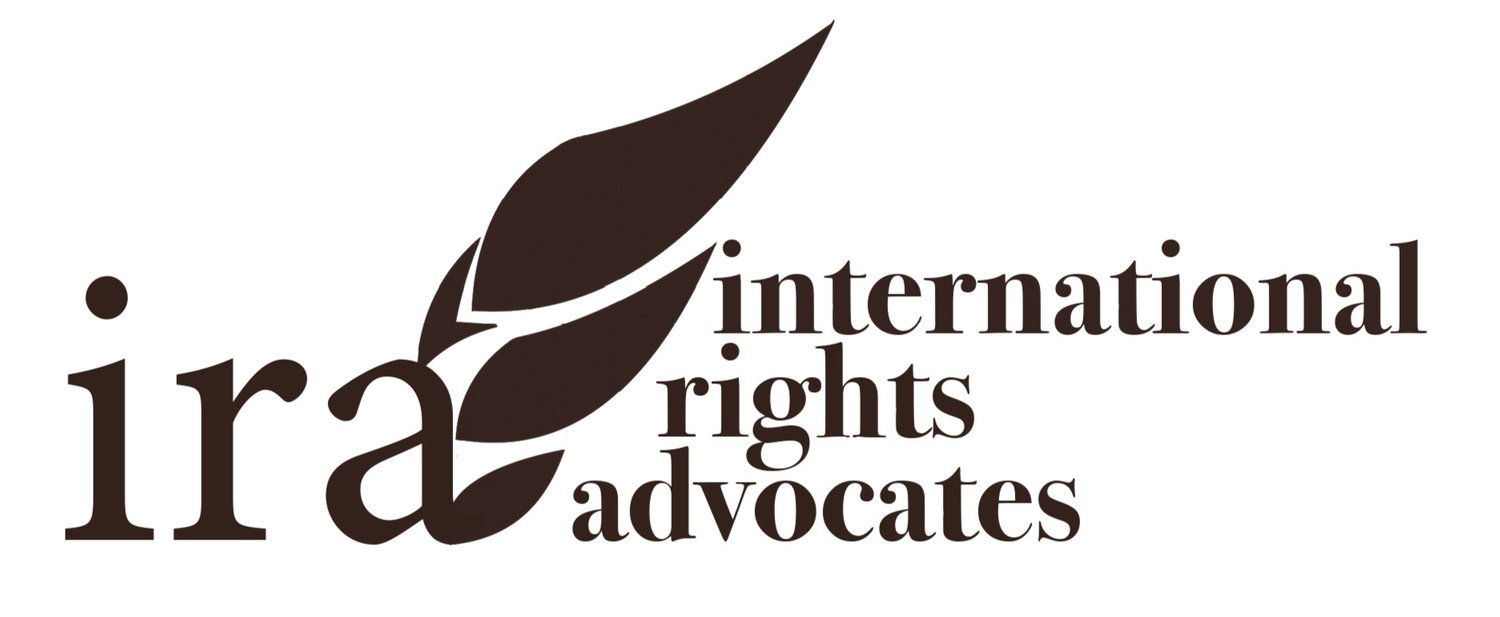About the Torture Victims Prevention Act (TVPA)
The Torture Victims Protection Act (TVPA) provides for the filing of civil suits in the United States against individuals who have committed or aided and abetted acts of torture and/or extrajudicial killing. Passed in 1991, the statute was intended to codify private rights of action for torture and extrajudicial killing; enhance the remedy already available under the Alien Tort Statute (ATS) by extending it to U.S. citizens tortured abroad; and to carry out the Convention against Torture and Other Cruel, Inhuman or Degrading Treatment or Punishment, which the U.S. had ratified the year before.
Although both the TVPA and ATS may be used to pursue claims for torture and extrajudicial killing, they are distinct statutes with their own limitations. First, unlike the ATS, claims under the TVPA may only be brought against persons who acted under the actual or apparent authority of a foreign nation. Second, TVPA claimants must exhaust all “adequate and available” remedies in the country where the offense occurred, but it is not settled whether this same requirement applies to ATS claimants. Third, the U.S. Supreme Court’s decision on April 18, 2012 in Mohamad v. Palestinian Authority excluded corporations from liability under the statute.
In Mohamad, a victim’s family sued the Palestinian Liberation Authority (PLO) for imprisoning, torturing, and killing their relative, a U.S. citizen, while he was in the West Bank. The Supreme Court determined that the TVPA’s use of the word “individual” refers only to “natural persons” and does not include organizations or corporations of any kind.
Conversely, while the ATS is not limited to individuals and continues to be used against corporations, the U.S. Supreme Court’s decision on April 17, 2013 in Kiobel v. Royal Dutch Petroleum Co. imposed a new requirement that ATS claims to touch and concern the territory of the United States with sufficient force to displace the presumption against extraterritorial application of U.S. law. No such requirement applies to the TVPA, so plaintiffs may continue to bring TVPA claims against foreign defendants for torts committed outside the United States.

